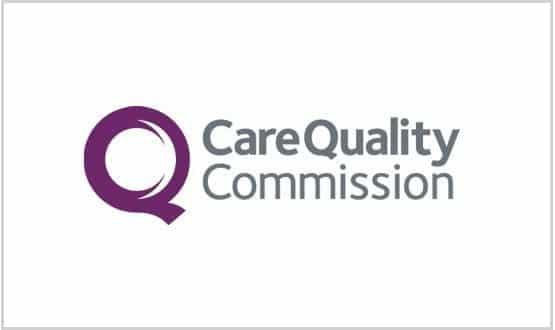CQC findings show online primary care providers still need to improve

An online primary care provider failed to pass the details of 400 patients to their GPs despite having consent to do so, a CQC report has revealed.
Documents published today (23 March) by the regulator details its findings on services that provide GP consultations and prescriptions through independent websites and apps.
This is compiled from 35 inspections of online primary care providers between November 2016 and July 2017, as well as 16 re-inspections that had been carried out up until February 2018.
The findings reveal as of 28 February 2018, 43% of the providers the CQC inspected were found not to be providing ‘safe’ care in accordance to the relevant regulations.
This is an improvement from 86% not fully meeting these regulations on their first inspections.
The report also features a number of concerns which were also raised by the CQC, including the appropriate sharing of information with GPs.
“In one case, a provider had not shared over 400 patient contacts with GPs, when they had the consent to do so and should have done,” the report states.
The watchdog said there were also cases where some providers “only collected details of a patient’s GP if the patient gave consent to share the information”, which resulted in those patients who did not consent having no details to “fall back on in case of emergency”.
However, the CQC adds that inspectors did identify “some improvements through follow up inspections”, with one provider “making it mandatory to provide GP details as an additional safeguard in an emergency”.
The safeguarding of children was another concern, where the regulator said it found “variable arrangements”.
The report states: “Some providers needed to review their arrangements to improve in this area, including implementing appropriate checks to verify the identity of a patient or systems to ascertain the relationships between the child and any accompanying adult.”
Following a re-inspection, the CQC repored it had found improvements, with some providers “introducing checks” that verified parental responsibility before a child could be registered for the online service.
Other concerns were centred around “ineffective systems for monitoring long-term conditions” and “prescribing that was not in line with evidence-based guidance”.
In his foreward, Professor Steve Field, chief inspector of general practice at the CQC, said: “After inspecting all independent online providers that were registered with CQC, our subsequent inspections have shown that most can and do improve, but some are not taking quality and safety seriously enough, which has resulted in us using enforcement powers.”
Prof Field told Digital Health News that online services in primary care are ‘part of the modern world’ but ‘safety can’t be compromised’.
He also urged providers to continue to work with the regulator and make sure they read all the online provider reports.
Under its ‘next steps of online care’, the says it CQC has seen “a willingness among providers to improve and adapt”. though these providers “need to be personally vigilant and act responsibly”.
It was announced in January 2018 that the CQC is to be given the power to rate online primary care providers which was welcomed by Prof Field.
“I think it is a very good thing as it is aimed at the user of the system, the patient, to help them understand the quality and depth of the report,” he told Digital Health News.
“When we get the first Outstanding rating will be very important for the market, if the market continues as it is.”
The report was also welcomed by the chair of the Royal College of GPs, Professor Helen Stokes-Lampard.
She said: “It’s absolutely right that the Care Quality Commission holds organisations that provide online primary care services to the same high standards as any other healthcare provider, to ensure that they are delivering safe, high-quality, and compassionate care for patients – and it’s reassuring to see that a greater proportion are providing safe care than last year.
“As a College we recognise the potential of online consultations to complement traditional GP services, and it’s good to see some innovative schemes emerging, which are highlighted in this report – but all new technology should only be implemented on a wider scale if it is safe, effective, and leads to better outcomes for our patients, GPs, and the wider NHS.
“It is now essential that lessons are learnt from this report to ensure patients are not put at risk and that they receive the high-quality care they need and deserve.”




1 Comments
Lots of traditional GPs smiling over their coffee this morning.
Anyone able to offer a platform at scale that can avoid putting patients at increased risk? Lets see.
Comments are closed.